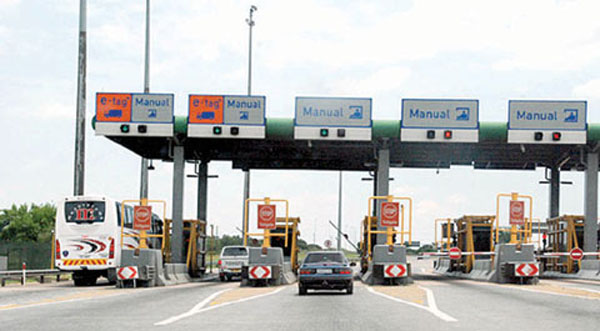Ghanaian companies have expressed great displeasure with the decision of the government of Benin to blatantly disregard the Economic Community of West African States (ECOWAS) protocols regarding trade and charge 20 percent duty on products imported into the country by Anglophone states.
According to the companies, even though Benin has withdrawn from the ECOWAS Trade Liberalisation Scheme (ETLS), affording them the liberty to charge duties, the current situation where Anglophone countries are compelled to pay duties on goods they export to the country but companies from francophone countries can do same duty-free and quota-free is not only an affront on the ECOWAS protocols on free trade, but also a discriminatory act that offers an unfair advantage to competitors from francophone nations.
The businesses say they have sought redress over the development which has lasted for seven months by sending several letters to the ECOWAS Secretariat, Export Promotion Authority and Ministry of Trade and Industry but there seems to be slow progress in addressing the challenge.
Some of the companies that this development has affected include paint manufacturing firm Azaar; food items distributor Avnash; high-quality plastic pipe producers, Interplast; pharmaceutical distributor, Pharmacare; refining, packing and distribution of edible oils company, Wilmar Ghana.
Speaking in an interview with the B&FT, the Managing Director of Interplast, Hayssam Fakhry said the issue needs to be settled as quickly as possible to save the operations of many businesses which have settled on Ghana as their channel point to serve the West African region and the continent.
He said Ghanaian companies are losing clients and businesses to francophone nations and if the matter is not resolved quickly, it would be difficult to get them back.
“One after the other, our clients in Benin are leaving us and we understand them; obviously, they are not charitable organisations and we are not the only company that manufacture the goods that we do. It is very simple for them; they move to the country next door and buy from them and enter duty-free so that they can save money for their operation.
There are a number of projects going on which are worth some 60-70 million dollars; we may not be able to touch any of these projects due to the situation. We had projected that we could get some 30 million dollars from these projects that we were planning to engage in but we are now in a very tight position.
Our partners there have been complaining about the fact that they cannot buy from Ghana and the authorities there tell them to stop complaining and go to Côte d’Ivoire as simple as that.”
He further explained: “About 40 percent of our operation go to the sub-region. We export to about 25 countries; last year, Benin was our largest market. That is why it is very unfortunate that this is happening at the moment. We can say 10-15 percent of our products go to Benin. We work on several projects there, water, telecommunication, among others.”
The Ghanaian companies also fear that if the matter is not dealt with expeditiously, other states would want to take similar actions as a form of a reply, a move which has the tendency to greatly affect the sustainability of businesses.
Already, some of the companies had taken operational expansion decisions due to contracts it had entered into, connected with projects ongoing in Benin. This led to the acquisition of new equipment and employment of more staff to execute the job but the development has brought some apprehension leading to the returning of some of the equipment, rescheduling of payment terms with banks, and plans to lay off some staff to keep operations afloat.










